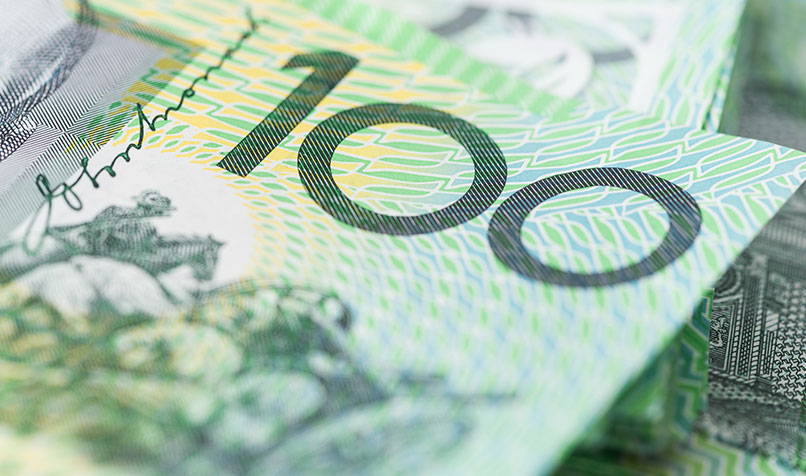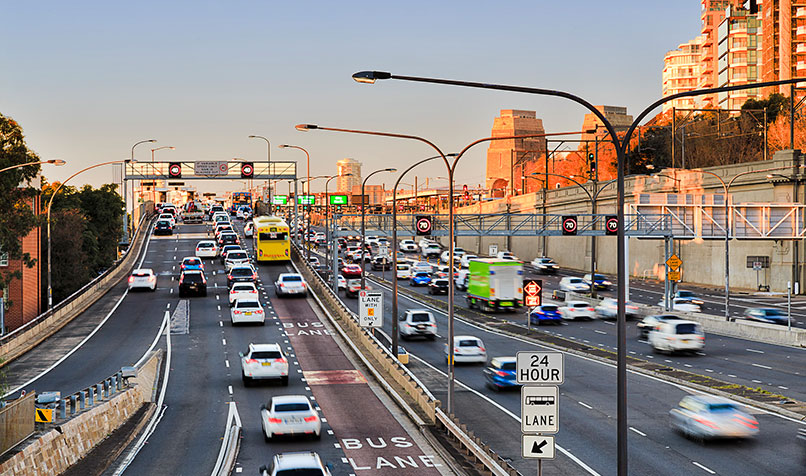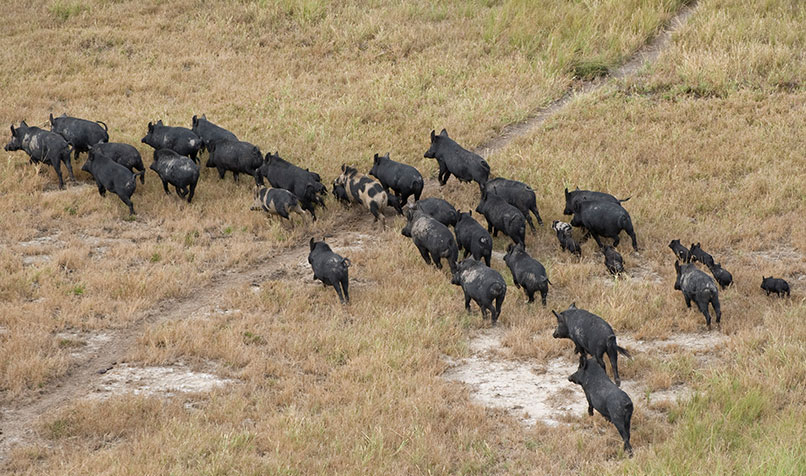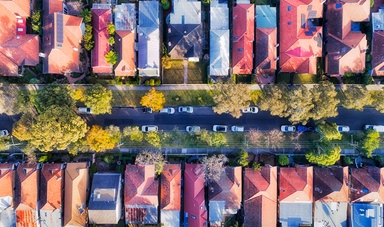Loading component...
At a glance
The New South Wales (NSW) Government handed down its 2020-21 Budget on 17 November 2020. It includes several large-scale announcements to boost the economy and create jobs as the state battles its way out of COVID-19.
Central to supporting the economic recovery is a series of large investments in infrastructure.
The government also announced a consultation on whether property buyers could opt-out of paying stamp duty and instead pay a smaller annual property tax. If this reform proceeds, it would represent a significant change to the taxation of property in NSW.
According to Jane Rennie, General Manager of External Affairs at CPA Australia, “The time is ripe for a review of stamp duty in Australia. This is a major reform proposal and may put pressure on other states to review their property taxes.
“Capital is mobile, and if the proposed NSW approach were perceived as financially advantageous, the property market in that state could become more desirable to interstate purchasers, particularly investors, although there are a range of other factors that will also influence that decision.
“The choice between stamp duty or an annual property charge would, however, not be straightforward in many circumstances. Factors which would influence the decision include the length of time the property will be held and whether it will be a primary residence or investment. Buyers may require independent advice from a qualified professional to identify the best option for them.”
The government also made a cut to the payroll tax rate from 5.45 per cent to 4.85 per cent from 1 July 2020 to 30 June 2022, as well as a permanent increase in the threshold above which payroll tax becomes payable from A$1 million to A$1.2 million. This threshold increase is expected to see 3500 businesses fall out of the payroll tax system.
Further, the government announced a targeted extension to the commercial rent relief scheme until 28 March 2021. The extension will only be available to retail tenants with an annual turnover of less than $5 million who continue to experience financial distress due to COVID-19.
Landlords who provide rent reductions under the extension will be able to apply for land tax relief of up to 25 per cent for the 2021 land tax year.
“Extending commercial rent relief for a further three months and targeting it to smaller retailers are appropriate and balanced measures at this stage of the state’s economic recovery. The targeting of commercial rent relief to smaller tenants from 1 January is good for small retail businesses, but less helpful for small landlords.
Small landlords have been significantly impacted by the commercial rent relief scheme and aren’t proportionately compensated by the land tax relief available to them,” says Rennie.
Economic and fiscal outlook
According to the Budget papers, the NSW government’s financial position is expected to worsen in the short term, with a projected budget deficit of A$16 billion in 2020-21 (2.5 per cent of Gross State Product). However, the position should improve from there on, with a surplus predicted for 2024-25.
The NSW economy contracted by 1 per cent in 2019-20, and is forecast to contract by 0.75 per cent in 2020-21, followed by an expansion of 2.5 per cent in 2021-21.
NSW’s unemployment rate is expected to be 6.5 per cent in 2020-21, before falling to 5.25 per cent by 2023-24.
Wage growth is expected to be low, with the Wage Price Index forecast to increase 1.25 per cent in 2020-21, with future increases projected to remain around that level through to 2023-24.
NSW’s population growth is expected to flatline in 2020-21, and increase by only 0.2 per cent in 2021-22 and 0.7 per cent in 2022-23.
Due to the increased spending and reduced revenue, the state’s net debt is forecast to increase from A$16.3 billion in 2019-20 to A$53.2 billion in 2020-21 and A$104.3 billion in 2023-24.
Announcements in the Budget include:
Business and tax measures

- Over the coming months, the government will seek feedback on whether the current stamp duty system should be reformed to allow buyers to opt out of stamp duty and instead choose a smaller annual property tax. Those who opt-in to annual property tax will also not have to pay land tax. The proposed model includes a property tax rate that would be lower rate for owner-occupiers and higher rates for investors and commercial property owners. Depending on the result of the consultation, the reformed system could begin in the second half of 2021.
- From 1 July 2020, the tax-free threshold for payroll tax in NSW will increase from A$1 million to A$1.2 million.
- The payroll tax rate will be reduced from 5.45 per cent to 4.85 per cent from 1 July 2020 to 30 June 2022.
- Businesses that do not pay payroll tax will receive a $1500 voucher for the cost of government fees and charges. The voucher will be available from April 2021, which is when many current government fee waivers expire. It will operate as a rebate, where a claim can be made after fees and charges have been paid.
- Every adult resident of NSW will be eligible for four $25 digital vouchers. Two vouchers can be used for eating in at venues such as restaurants and cafes, and two vouchers can be used for entertainment and recreation such as cinemas and amusement parks.
- The commercial rent relief scheme will be extended to 28 March 2021 for retail tenants only with an annual turnover of less than $5 million.
- Landlords who provide rent reductions between 1 January and 28 March 2021 to eligible retail tenants experiencing financial distress due to the pandemic can apply for land tax relief of up to 25 per cent on the land leased for the 2021 land tax year.
- The NSW Government will offer businesses that create at least 30 new net jobs payroll tax relief for up to four years, for every new job created. The Jobs Plus Program commences on 15 December 2020 and runs until 30 June 2022.
- The government will spend A$180 million to grow its trade and investment network offshore.
- New film and TV projects will receive A$175 million in additional funding.
- The government intends to streamline its planning system by cutting assessment times, review the retain-and-manage category of industrial and urban services land, reforming infrastructure contributions and consolidating employment zones.
Transport infrastructure

- A$10.4 billion over the next four years for Sydney West Metro
- A$9.2 billion over the next four years for the Sydney Metro – Western Sydney Airport metro rail line, which includes A$810 million in planning and construction in 2020-21
- A$2.2 billion for the Sydney Gateway project to improve connections from Sydney Airport and Port Botany to the new WestConnex St Peters Interchange, of which A$545 million will be spent in 2020-21
- A$1.3 billion in 2020-21 to continue the construction of the WestConnex Motorway
- A$1.1 billion to increase train services on the Illawarra, Airport and South Coast lines
- A$657 million for the construction of the Parramatta Light Rail Stage 1
- A$548 million to support road upgrades for the Western Sydney Airport
- A$432 million for projects on the Princes Highway
- A$356 million for the planning and pre-construction work on the Western Harbour Tunnel and Warringah Freeway upgrade
- A$135 million for planning and early works for the Coffs Harbour Bypass.
Education and training
- Recurrent and capital spending on education and skills by the NSW Government in 2020-21 will be A$18.9 billion
- The government will spend A$319 million over two years to provide 100,000 low cost or free training places
- The NSW Government will provide up 20,000 training places to people working in aged care
- Deliver tutoring for up to 290,000 students in schools in 2021 at a cost of A$337 million
- Extending the free preschool program to the end of 2021 at a cost of A$120 million
- Regional schools will receive a A$366 million in digital upgrades
- A$158 million for the LED light replacement program in schools across the state
- A$180 million to upgrade school facilities throughout regional NSW
- A$57 million will be spent over four years to create a Trade Skills Pathway Centre to address skills shortages in the NSW economy and support employment for women.
Health

- Recurrent and capital spending on health by the NSW Government in 2020-21 will be A$29.3 billion, which includes A$500 million to support COVID-19 clinics, hotel quarantine and increased pathology testing and contact tracing
- A$673 million for the Tweed Hospital Redevelopment
- A$632 million for the Campbelltown Hospital Stage 2 Redevelopment, which includes A$224 million in 2020-21
- Elective surgery will receive a A$458 million boost to fast track delayed surgery
- A$385 million to commence work on the St George Hospital Integrated Ambulatory Care precinct in Kogarah
- A$221 million for Stage 1 of the Nepean Hospital and Integrated Ambulatory Services Redevelopment
- A$66 million for community-based mental health clinicians, including expanding youth mental health services
- Expanding virtual mental health services, with A$50 million in additional spending
- Recruiting 100 wellbeing health and in-reach nurses to provide wellbeing checks-in at schools
- A$36 million for a mental health strategy for emergency services
- Expand telehealth capacity with an additional A$45 million in spending.
Other major announcements

- A$1.6 billion for digitisation and service transformation within the NSW Government. This includes A$240 million for Cyber Security investments and A$17.5 million to improve the online customer experience for key Revenue NSW online services, to ensure integration with Services NSW for taxes and fines
- A$812 million for social and Aboriginal housing, including $400 million for the construction of new social housing properties
- A$270 million to continue the new Powerhouse Museum at Parramatta and the expansion of the Museum Discovery Centre in Castle Hill
- A$256 million for upgrades and maintenance works across national parks
- A$168 million for capital works and maintenance of courts, police stations and jails
- The establishment of a Social Sector Transformation Fund to help charities adapt and respond to the challenges of COVID-19
- Farmers will be supported through a A$60 million spend on a weed and pest ‘blitz’ with increased aerial baiting of feral animals, especially pigs, additional trappers and noxious weeds control programs.
For more information visit www.budget.nsw.gov.au

